We all know that solar panels work by soaking up sunlight and turning it into electricity for our homes, commercial and industrial facilities and other sectors. But what happens to solar panels when it’s raining or the sky is full of clouds? Do they still work, or do they stop?
In this blog, we’ll answer these questions, explain how solar panels work during the rainy season, and talk about the clever ways they keep making power even when the sun isn’t shining.
The Basics of Solar Panels
Before we get into the details of how solar panels work in rainy weather, it’s crucial to understand their basic mechanism. Solar panels are made up of photovoltaic cells that convert sunlight into electricity. These cells are crafted from semiconductor materials like silicon, which releases electrons when sunlight hits them. The movement of these electrons creates an electric current that we can use and capture as power.
Now that you have a basic idea of how solar panels work, let’s find out what happens to them when it rains.
Impact of Rain on Solar Panels
Some people think that rain can harm solar panels, causing them to stop working or even short-circuit. But that’s not true!
Rain can actually be good for solar panels because it cleans their surface, getting rid of dust and debris that may have built up over time. When solar panels are clean, they can better capture the sun’s energy.
Also, solar panels are designed to be water-resistant. So, rain won’t affect them, and they can keep running smoothly even when raindrops are falling on them.
Solar panels are designed to capture the sun’s energy even on cloudy days when the sun isn’t shining brightly. While direct sunlight gives the most energy, solar panels can still make electricity in diffused light. This is possible because the semiconductors in the photovoltaic cells respond to a broad spectrum of light, converting even the scattered and dim sunlight on cloudy days into electrical energy.
The Role Of Uv Light On Solar Panels
Solar panels can also use the sun’s UV light, which is present even on cloudy or rainy days. Although UV light is a smaller part of the solar spectrum compared to visible light, solar panels can capture and convert this energy into electricity. So, even when the sun is hiding behind rain clouds, solar panels can still make power from the available UV radiation.
Innovations in Solar Technology
Big improvements in solar panel technology have made them perform better, even on rainy days. Some modern solar panels have anti-reflective coatings and improved light-trapping features. These features help them absorb more sunlight and work well in low-light environments.
Some solar panels today are bifacial, capturing sunlight from both the front and rear sides. This has proven beneficial in maintaining energy production during overcast days.
Storage Solutions for Rainy Days
To handle the irregular sunlight during the rainy season, many solar power systems include energy storage solutions like batteries. These batteries store extra energy generated during sunny times, ensuring a continuous power supply when the sun isn’t shining. This advancement in technology has made solar energy a reliable source of power, even in places with unpredictable weather.
Final Thoughts
solar panels in rainy season don’t become useless. In fact, rain can help by cleaning the panels, making them absorb sunlight better. As technology gets better, they become more efficient, capable of capturing sunlight in conditions, making them an energy solution no matter the weather.
Thinking of getting solar panels for your home or business? Reach out to Nativ Techniks at +639176310032, or mail us at wecare@nativtechniks.com for top-notch solar panel solutions.



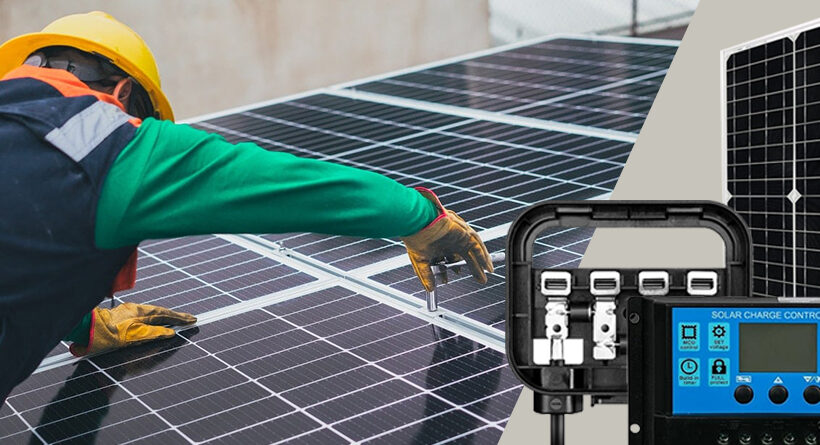
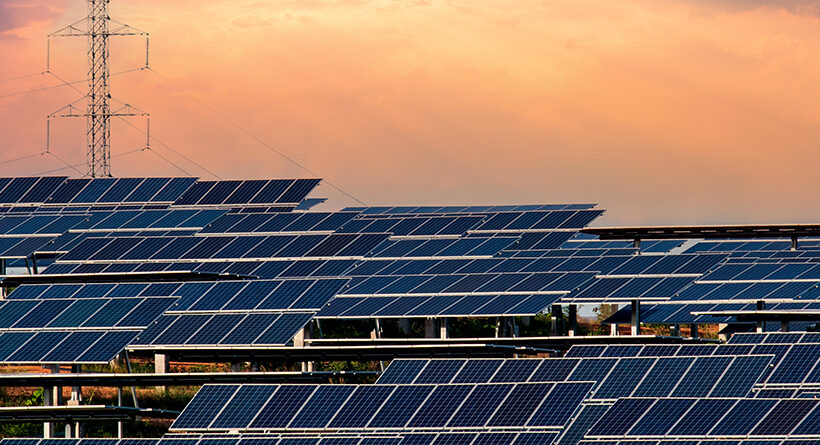
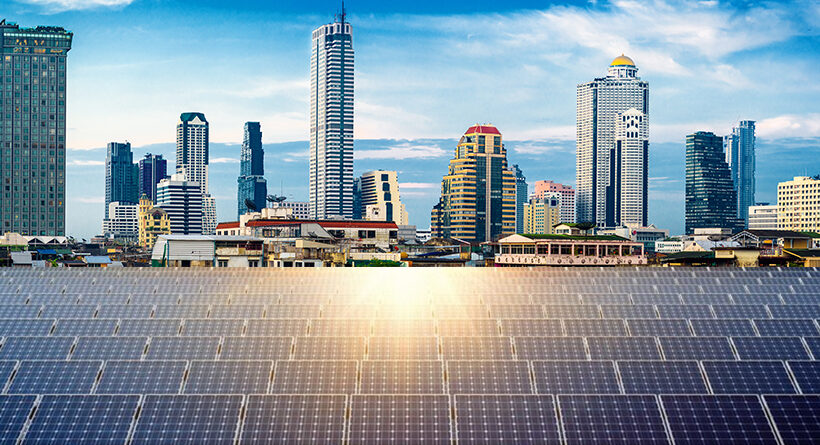

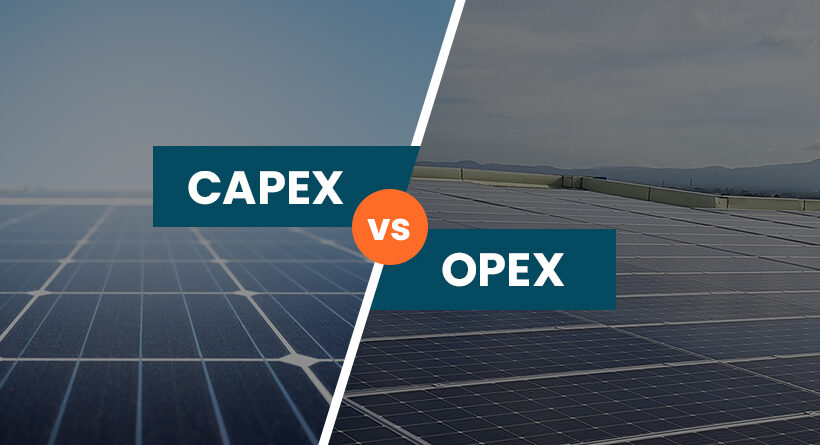

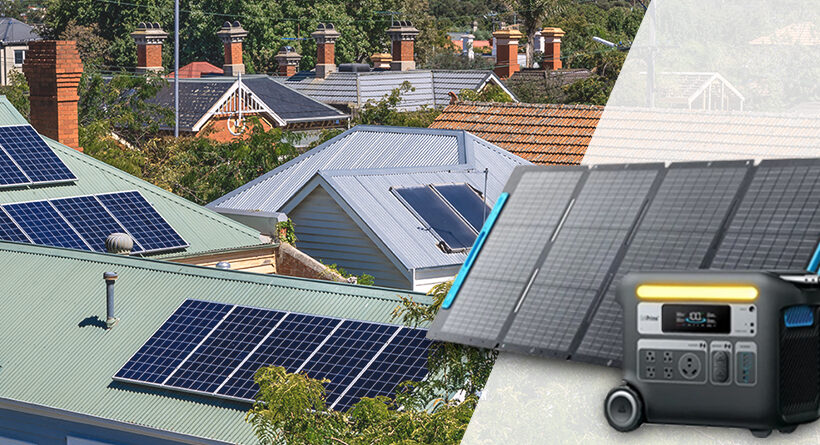
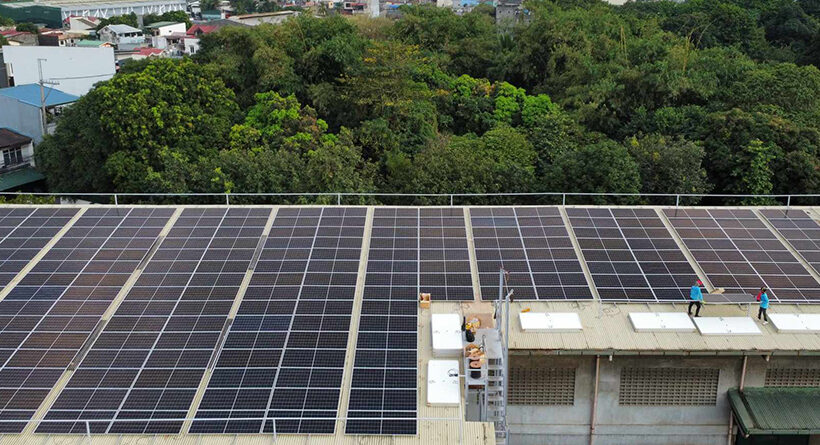
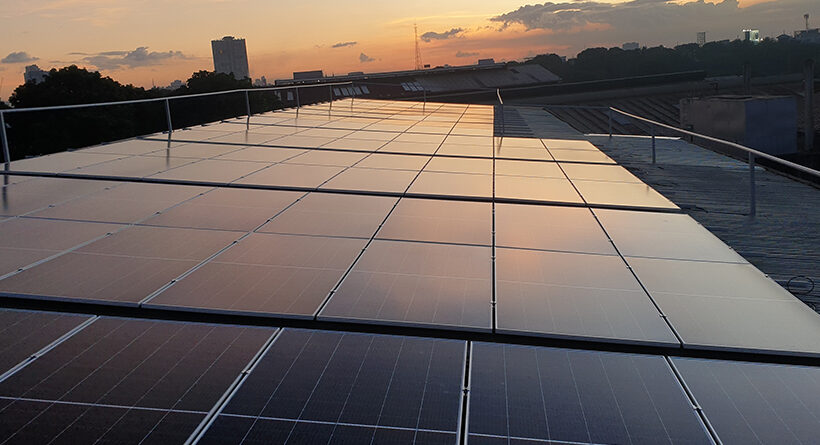

Leave a Reply